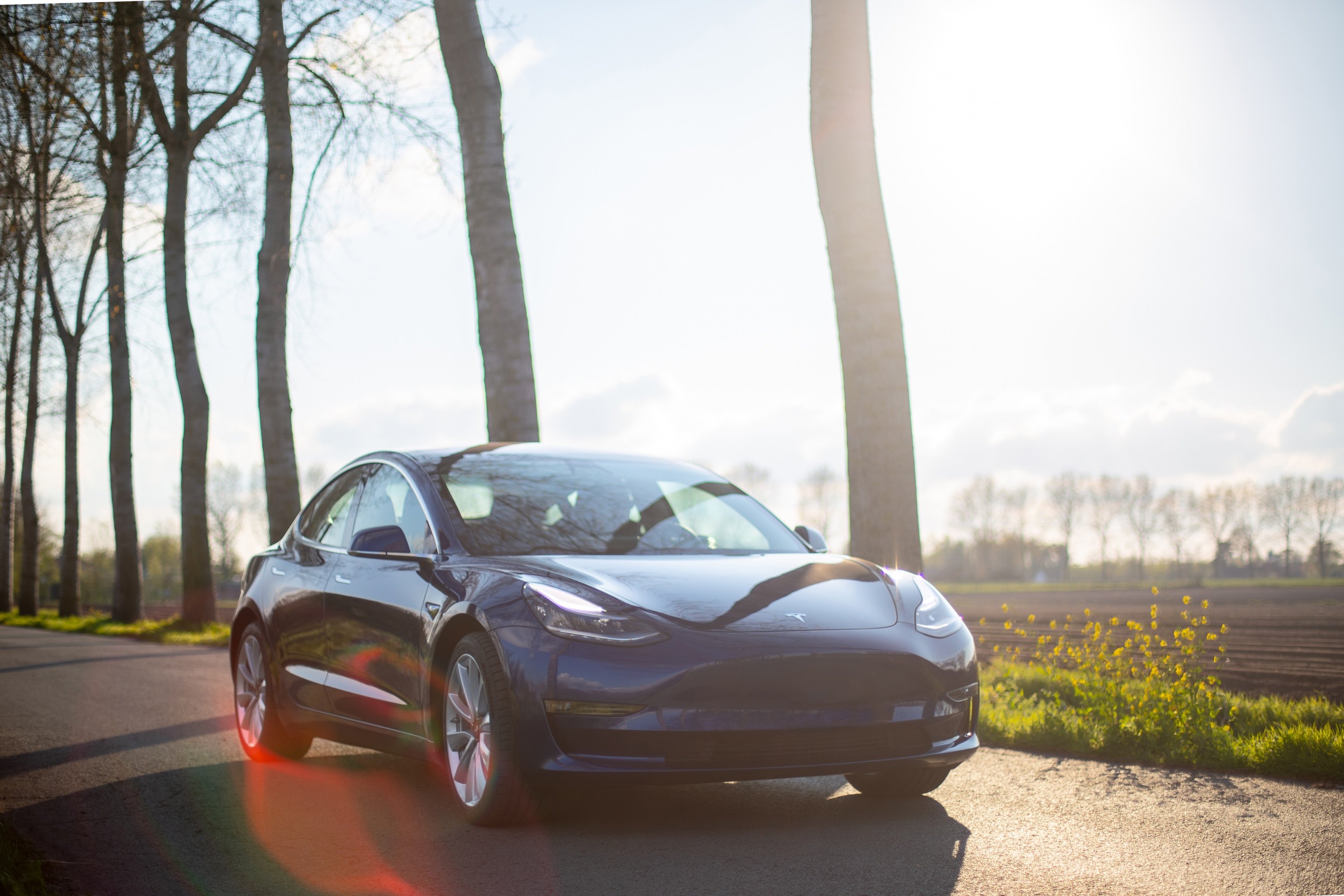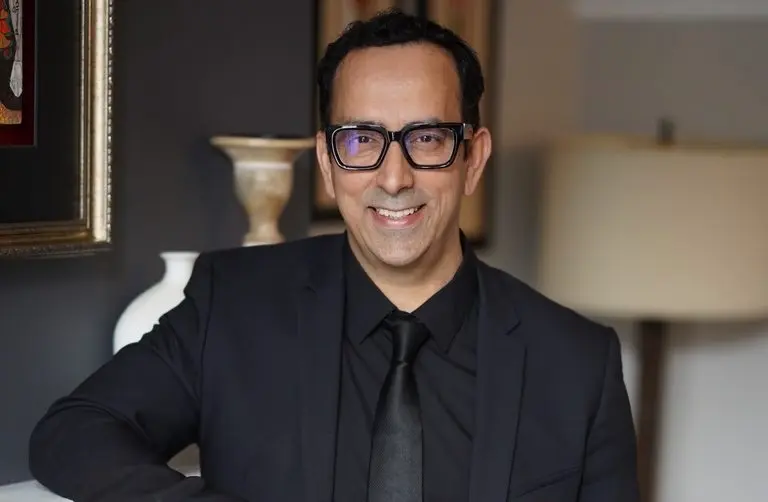It’s no surprise to see Tesla leading major automakers in the deployment of artificial intelligence (AI). The California-based car maker is arguably one of the most innovative companies in the world.
Tesla’s innovation strategy has resulted in an extremely high level of in-car hardware and software integration. Most other automakers have yet to adopt such cutting-edge technology, let alone fully utilize the potential of AI and deep learning.
Against this backdrop, it’s little wonder that Tesla consistently ranks high on Forbes’ list of the most innovative companies. As of 2023, Tesla still ranks as the top electric vehicle (EV) maker in the US, but things might start to change very soon as cheaper EVs start entering the market. Will Tesla still be considered one of the most innovative companies in the world?

Defining the Tesla Innovation Culture
The deep-rooted Tesla innovation culture sets the business apart – even among top-tier competitors. Here are the key factors that contribute to Tesla’s position among the elite.
Innovative Individuals
CEO Elon Musk is most associated with Tesla’s growth. Recently, he’s been the focus of countless news stories concerning his alternative business, Space X. A company set to “design, manufacture and launch advanced rockets and spacecraft”. However, he’s also been pouring his creativity into Tesla. According to Harvard Business Review, Musk’s brilliance is heavily used towards building and using innovation capital to garner support for his ideas.
Additionally, beyond Musk, the Tesla leadership is packed with innovative individuals who’ve made it the world’s most valuable car maker. Key figures include Tesla co-founder JB Straubel, who was Chief Technology Officer (CTO) until 2019. And also Beth Davies, who stood as former Director of Learning and Development at Tesla, as well as previously holding senior roles at Apple and Microsoft.
Both Straubel and Davies were key contributors to Tesla’s innovation. Their signification efforts supported Tesla’s growth as it became the world leader in electric automobiles.
Exclusive Tesla Representation at Aurum
JB Straubel (Link to JB Straubel speaker bio and speaking topics)
Straubel is one of Tesla’s co-founders and currently maintains a Senior Advisor role. JB Straubel has become globally recognized keynote speaker on innovation and sustainability and has been an instrumental figure in building Tesla. Above all, JB invented the carmaker’s core technologies. On the official day of his departure as an executive, Musk said, “If we hadn’t had lunch in 2003, Tesla wouldn’t exist basically”.
Additionally, Straubel oversaw the technical direction of the worldwide supercharger network of fast DC chargers. He was also responsible for Tesla’s battery technology, power electronics, Tesla motors, firmware/software, and controls – and he hasn’t strayed far from it.
Now, you can find Straubel as the founder of his own circular economy and recycling startup business, Redwood Materials. A company that aims to target the recycling scrap from Panasonic batteries that are otherwise thrown into landfills. Instead, Redwood wants to utilize them to extract components like lithium, nickel and cobalt to create new batteries. Notably, leading tech investors like Bill Gates and Jeff Bezos have already invested in Straubel’s new venture.
Beth Davies (Link to Beth Davies speaker bio and speaking topics)
As Tesla’s former Director of Learning and Development, HR speaker Beth Davies brought the team from 600 to 33,000 employees – in just six years. She was a key player in evangelizing the company culture and protecting it from the dilution that can accompany rapid growth. Davies meticulously designed and developed the training and support to factory-wide operations. She also oversaw on-boarding for all new hires globally.
Recently named a Luminary as a distinguished Alumna with Indiana University, Davies is one of only 12 people to receive this honor. While working as a thought leader with McKinsey & Company, Beth Davies can often be found on tour as a highly engaging speaker.
This extraordinary powerhouse is a veteran when it comes to taking the lead at top companies. Prior to Tesla, Davies also held senior roles at both Apple, Microsoft and Gap. Currently, she runs Career Curves, a renowned podcast that centers on how to navigate the twists and turns of an uncertain career path.
(Both JB Straubel and Beth Davies are exclusively represented by Aurum Speakers Bureau. If you are ever interested in booking any of our innovation speakers for either physical or virtual events, you are welcome to contact our team for support).
The Products
Technology reigns in Tesla’s journey of innovation, and commentators have rightly praised the way Tesla’s innovations are transforming the auto industry.
Their electric cars have consistently defied consumer expectations for reliability, performance, and style. Perhaps most importantly, they also have the stamina to dispel wide-held concerns regarding mileage. (The Tesla S and Tesla X mileage figures stood at 370 and 325 miles respectively in 2019. 2020 upgrades to the US version of the Model S then pushed it above the 400-mile mark).
Over the next decade, Tesla is aiming to build 20 million electric vehicles a year. Moreover, with the launch of its new factories in Berlin, Germany and Austin, Texas, they are currently able to produce over 3000 cars a week.
Furthermore, the demand for Tesla cars seems unstoppable. In 2020, Tesla’s vehicle deliveries alone were about 500,000 units worldwide. By 2021, that figure had nearly doubled to almost a million – and it’s only planning to go further.
Although the United States has been Tesla’s core target audience, the car company is now seeking to branch out. European and Chinese demographics are on their sights. In addition to its’ geographic expansion, Tesla is also supplementing its model lineup. For example, by adding the second-generation Roadster and the Cybertruck to its honorable collection.
Other remarkable Tesla innovations
However, record-setting electric cars are just the start, as the list of Tesla innovations goes much further:
- Tesla’s cars are only able to set mileage records thanks to their fast-charging sustainable batteries.
- Tesla innovations now reach into the arenas of home power storage and grid power storage. The Powerwall and Powerpack are examples of it. Meanwhile, the Megapack serves for grid-deployment by utility companies.
- In 2016, Tesla moved into the solar power space with the acquisition of SolarCity. As a result, Tesla’s product range now includes solar panels and solar roof tiles.
The Business Model
Many experts identify Tesla’s business model as the reason it has remained financially sustainable. Let’s take a closer look:
- Tesla’s ambitious mission of transforming global transportation and energy production/consumption systems resonates with consumers. This message also resonates through board calls and every customer engagement. As consumers demand greener and more sustainable products, Tesla’s mission to ‘accelerate the world’s transition to sustainable transportation’ is just perfect.
- Tesla’s marketing reaches out directly to customer-enthusiasts, without relying on dealers or other middlemen who might dilute the message.
- Many Tesla investments have a refreshingly long-term feel. The company has invested heavily in building the Supercharger stations – which some consider the most significant energy infrastructure development for 80 years. The aim is clear: To make prospective Tesla owners feel comfortable with long-distance electric-powered travel. Tesla has also poured billions of dollars into their Gigafactories around the world, to be able to produce enough batteries to keep up with demand.
Corporate Structure
Tesla’s innovations haven’t always trickled from the top. The company opted for agility over a traditional corporate hierarchy in order to gain the advantage over larger competitors.
Adopting a management style that breaks communication barriers means that “anyone can talk to anyone”. As such, Tesla’s employees have free access to the executive team, allowing for an exchange of ideas that may benefit the company.
There’s an interesting lesson here for growing companies: Problem-solving is dependent on effective communication, and rigid hierarchies can often re-route or prevent the optimal flow of information.
Recent Tesla Stock Performance
The Tesla innovation culture reduces friction and allows for ideas to be brought forward and implemented – fast. It’s little wonder then that Tesla stock is among the most talked about of investments. In January 2021, Tesla Inc. disclosed that it bought $1,5 billion in Bitcoin. The news followed Chief Executive Elon Musk’s promotion of the cryptocurrency on Twitter.
In the 2021 exorbitant surges in stock prices, Elon Musk briefly became the richest person in the world. His net worth was estimated at over $200 billion dollars. That put him ahead of Amazon’s founder Jeff Bezos, who held the top position since October 2017. However, a very rough 2022 has left Musk again outside of the top 3 richest people in the world. If you want to know why, including Elon’s recent Twitter purchase, you can read our newest blog post describing Elon’s unique management style.
Nonetheless, even with its stock dips, Tesla, which started in the year 2004 as a small business, is now one of the most valuable automakers in the world. Even throughout a global pandemic, the company has continued to soar to great heights. Tesla now has the auto world by a grip, share buyers on the edge of their seats and car lovers dreaming of their next anticipated purchase.







